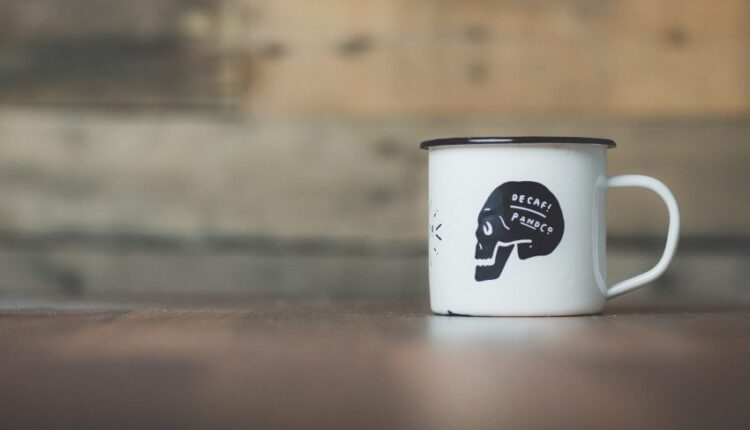US May Ban Chemical Used to Make Decaf Coffee, but There Are Alternatives
The Food and Drug Administration is considering a rule that would ban the use of methylene chloride, a solvent used to decaffeinate coffee beans. Exposure to methylene chloride can cause drowsiness, dizziness, numbness, tingling limbs, and nausea. However, coffee consumers are exposed to an extremely low amount of the chemical. Currently, the FDA allows for concentrations of methylene chloride below 10 parts per million on the surface of decaffeinated beans.
The proposed rule change would ban the use of four solvents from being used to wash or peel fruits and vegetables: Benzene, Ethylene dichloride, Methylene chloride, and Trichloroethylene. The American Chemical Society claims that the decaffeination process leaves methylene chloride “well below the 10-ppm concentration allowed” due to its easily soluble nature.
The rule change has been advocated for by the Environmental Defense Fund, Breast Cancer Prevention Partners, the Center for Environmental Health, and the Environmental Working Group. The petition was filed in January and public comment for it closed in March.
There are two ways to decaffeinate coffee without using methylene chloride: the CO2 method, where beans are placed in water pumped with carbon dioxide, and the Swiss water method, where green coffee beans are soaked in hot water to release soluble compounds and caffeine. The extract is then used to draw caffeine from the next batch of beans, which are then roasted.
Read More @ Des Moines Register
Source: Coffee Talk



